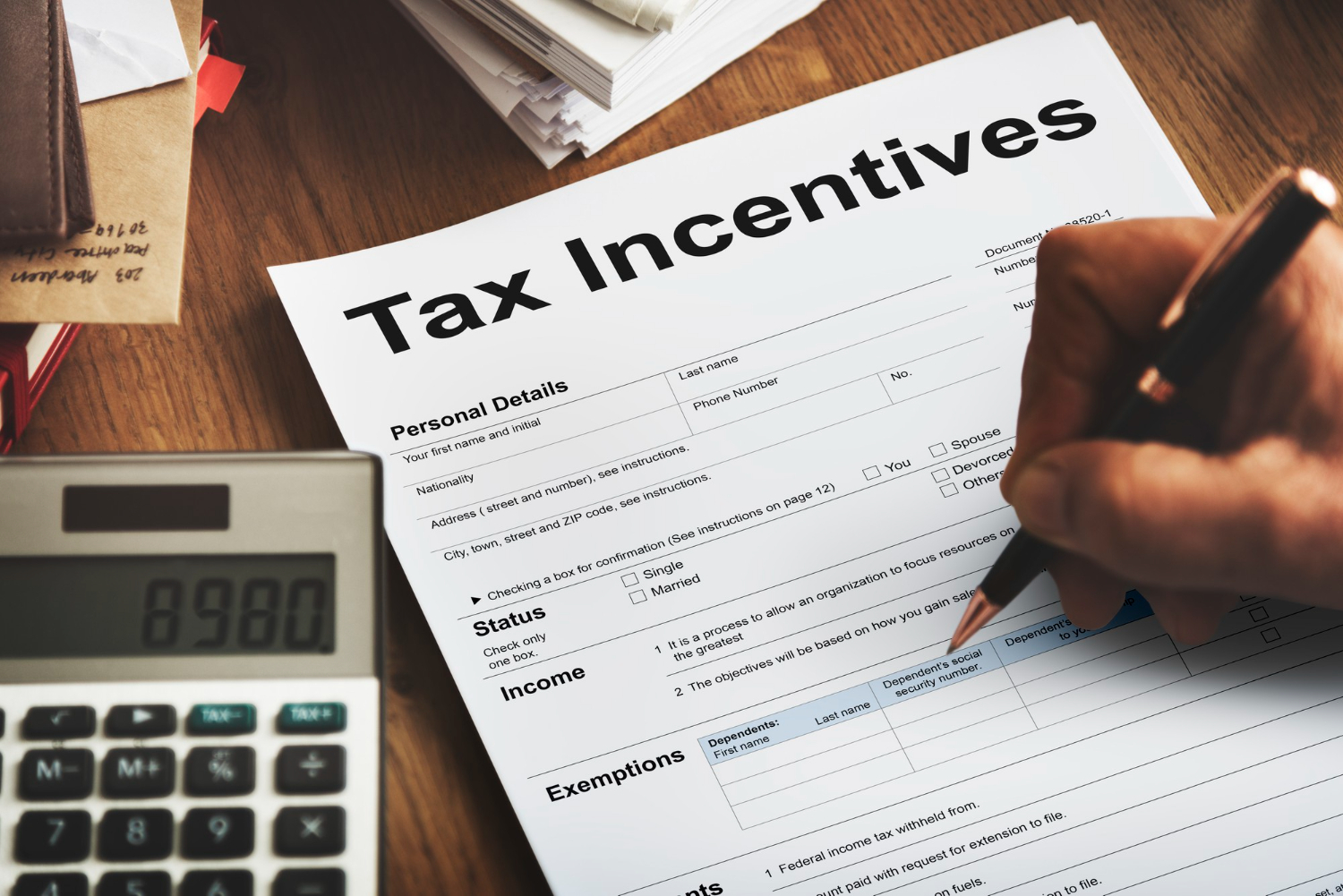When politicians and economists talk about tax cuts, what does that mean for people, businesses? If you are a taxpayer, a small business owner or a person with an investment, the tax cuts is something you should seek to understand in order to step into financial self sufficiency. In this blog post, we will explain what tax cuts are, how they work, and how they affect your wallet.
What is a Tax Cut?
A tax cut is a decrease in the amount of money that individuals will have to pay to the government in taxes. Governments create tax cuts for different reasons, they might want to boost the economy, help out taxpayers, or encourage some things like investing or creating jobs.
Tax cuts can take many forms, including:
Tax proposals include cuts to income tax
Cuts in corporate tax rates
Lowered sales or excise taxes
Overhaul of tax deductions or credits
These cuts will be temporary or permanent depending on the policy and the goal of the government.
What Is a Tax Cut and Why Do Governments Make Them?
Governments employ tax cuts for a variety of reasons, and each reason can have variable consequences on the economy and on the individual taxpayer.
Stimulating Economic Growth
Tax cuts are implemented for a variety of reasons, but one of their primary reasons is to assist growth. This has an important economic effect in that with lower taxes, individuals and businesses can spend or invest more money. This can stimulate consumption, increase business investment and create jobs — all of which strengthens the economy.
One example is if taxes on personal income are lowered, that can give consumers more money to spend on goods and services, which can also lead to increased demand in the economy. Just as, when business taxes are lowered, businesses may take that savings and reinvest in their operations leading to growth and greater employment.
Granting Tax Relief to Citizens
Tax cuts are a means of providing relief for taxpayers, particularly in times of economic downturn or when the government wishes to relieve the population’s tax burden. Tax cuts allow governments to put more money into the hands of individuals and families to pay their everyday costs, pay down debt, or save for tomorrow.
Carrying Out Certain Economic Activities
Tax cuts may also be used by governments to promote specific activities or behaviors. For instance, providing tax reductions for companies that support sustainable energy, research, or infrastructure can incentivize economic growth in targeted areas.
Types of Tax Cuts
Income Tax Cuts
The most common type of tax cut are cuts to income tax rates. Reducing the income tax rates is a method used by the government to help keep more of the income earned by each person. This can offer relief to both lower- and middle-income earners, and it can incentivize higher consumption and savings.
There are various ways to cut income taxes:
Progressive tax cuts: These cuts are targeted towards higher income individuals to ease the tax burden on wealthier citizens
Flat Tax Cuts: These cuts apply evenly across all levels of income, ensuring that everyone who pays income taxes receives a tax cut.
Corporate Tax Cuts
Corporate tax cuts refer to a decrease in taxes that companies pay on their profits. Reducing corporate tax rates can provide an incentive for businesses to invest more into the operations, bring on more employees, and expand. These create jobs and lift wages, driving economic growth.
Capital Gains Tax Cuts
Capital gains tax cuts lower the taxes that individuals and corporations pay on profits from selling assets, like stocks, real estate or businesses. By reducing the tax on capital gains — the income that investors receive when they sell assets such as stocks — it creates an incentive to invest, especially in stocks, because it means investors can keep more of their profits.
Sales Tax Cuts
Sales tax cuts reduce the rate of tax, paid at the point of sale, on goods and services. These cuts can increase purchasing power for consumers now by reducing the price of goods and services. Cutting sales taxes may also spur consumer spending, which helps invigorate the economy.
Effect of Tax Cuts on People
Increased Disposable Income
For individuals, the immediate impact of tax cuts is the increase in disposable income. When income taxes are lowered, people have more disposable income and this can be spent towards everyday needs, savings, or investment.
Now that government fuel subsidies have increased disposable income for many households, the subsidies can help improve the standard of living for middle- and lower-income households. It may also prompt more spending, which fuels economic activity.
Potential to Save More
Having more disposable income also creates an opportunity for people to save more. Individuals may also maximize their retirement savings–such as 401(k) or IRAs–without depriving themselves of their accustomed lifestyle.
Deductions and Credits Changes
Tax cuts can also come through changes to tax deductions or credits. Or perhaps may increase the limits one can deduct for home mortgage interest or education expense which shall further reduce your overall tax bill.
Long-Term Financial Impact
Tax cuts are thus like looking through a telescope; the short term effects are clear, but the long term affects depend on whether the cuts induce sustainable growth. So, if tax cuts boost the economy, you create more jobs, you raise wages, you get a higher standard of living, better quality of life over time.
Increased Business Investment
For businesses, tax reductions remove the handcuffs on capital, allowing companies to reinvest back into business operations. It can also involve buying new equipment, expanding facilities, and ramping up research and development. Such investments can generate growth, innovation and greater productivity.
Job Creation
Lower corporate taxes can also give businesses an incentive to expand their workforce. With lower tax liabilities, firms can invest more in human capital, creating new jobs and potentially spurring on the jobs market.
Improved Competitiveness
Countries with lower corporate tax rates give businesses an advantage over foreign competitors. Lower taxes can also draw in foreign investments and enable local businesses to compete more favorably in the world market, driving economic growth.
How Tax Cuts Work and How They Affect the Economy
Tax cuts are a tool sometimes used to propel the economy, but the potential results can differ by type of tax cut and wider economic conditions. Tax cuts also have a place during economic downturns, as they do in good times: when the economy shrinks, tax cuts can do what they do best by injecting an element of relief and stimulating hoarding money back into growth over spending (or investment).
But tax cuts that are not accompanied by government spending cuts or other fiscal measures can lead to increased budget deficits and national debt. So it is imperative for policymakers to take that into account when putting together tax cuts with a responsible fiscal policy to not only benefit them in the long run but to support an economy that isn’t entirely dependent on new tax cuts.
Conclusion: Are Tax Cuts Appropriate for You?
But tax cuts are beneficial — they increase disposable income or spur new investments, leading to the creation of new businesses and new jobs. As such, regardless of whether you are an individual taxpayer or a business owner, understanding tax cuts and their effect on your bottom line is pertinent to making informed financial decisions.
Don’t make any major financial decisions based on tax cuts without first consulting with your financial adviser or tax professional to make sure you’re taking full advantage of any opportunity you are eligible for.
Contacting an expert can only really help you in making the most from taxs because, not only you can save a lot more from taxes, they also know if you are following the rights guidelines for taxs.
📞 Want To Find Out More About Tax Cuts? – Call us for how tax cuts can mean more in your pocket.




















